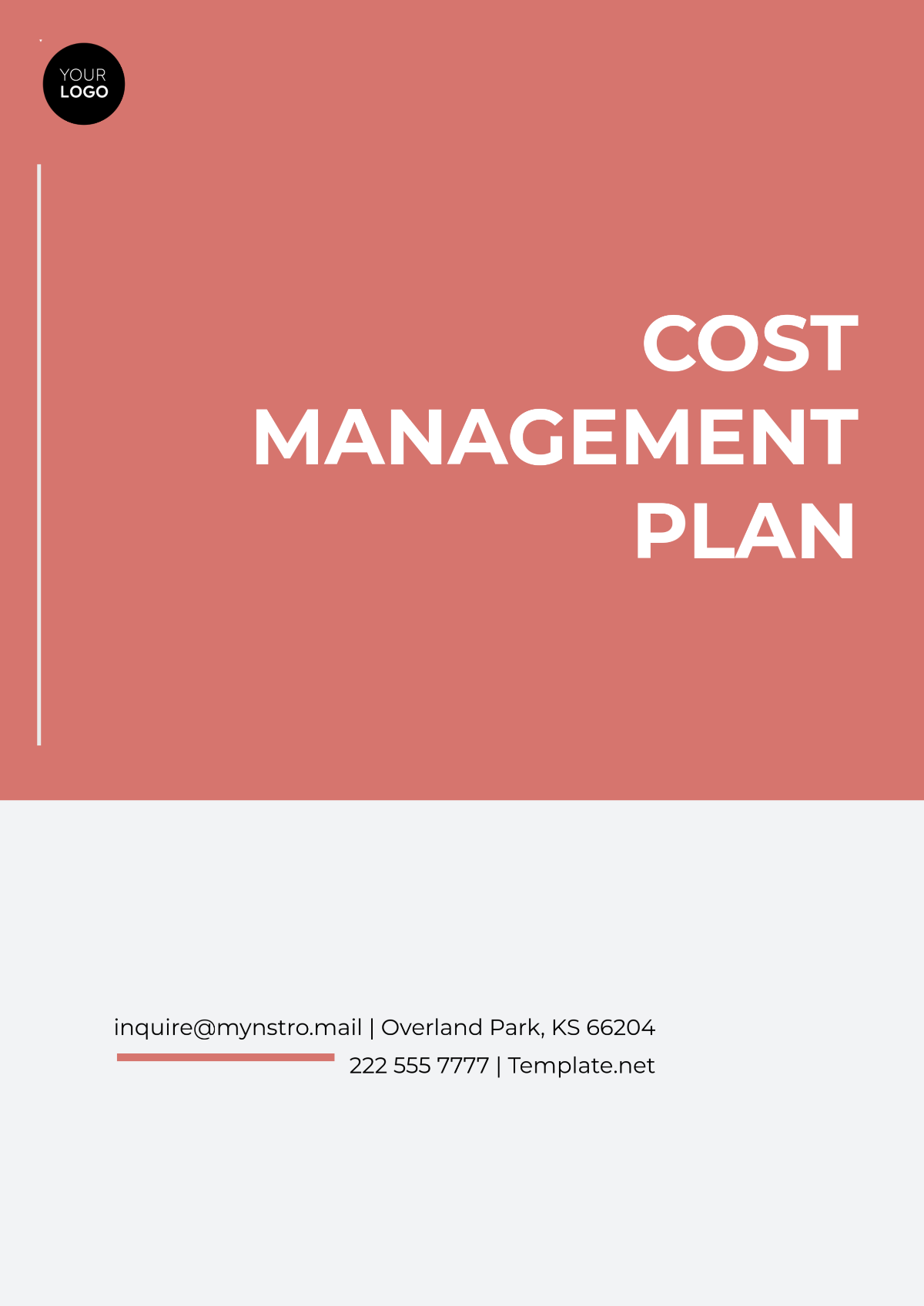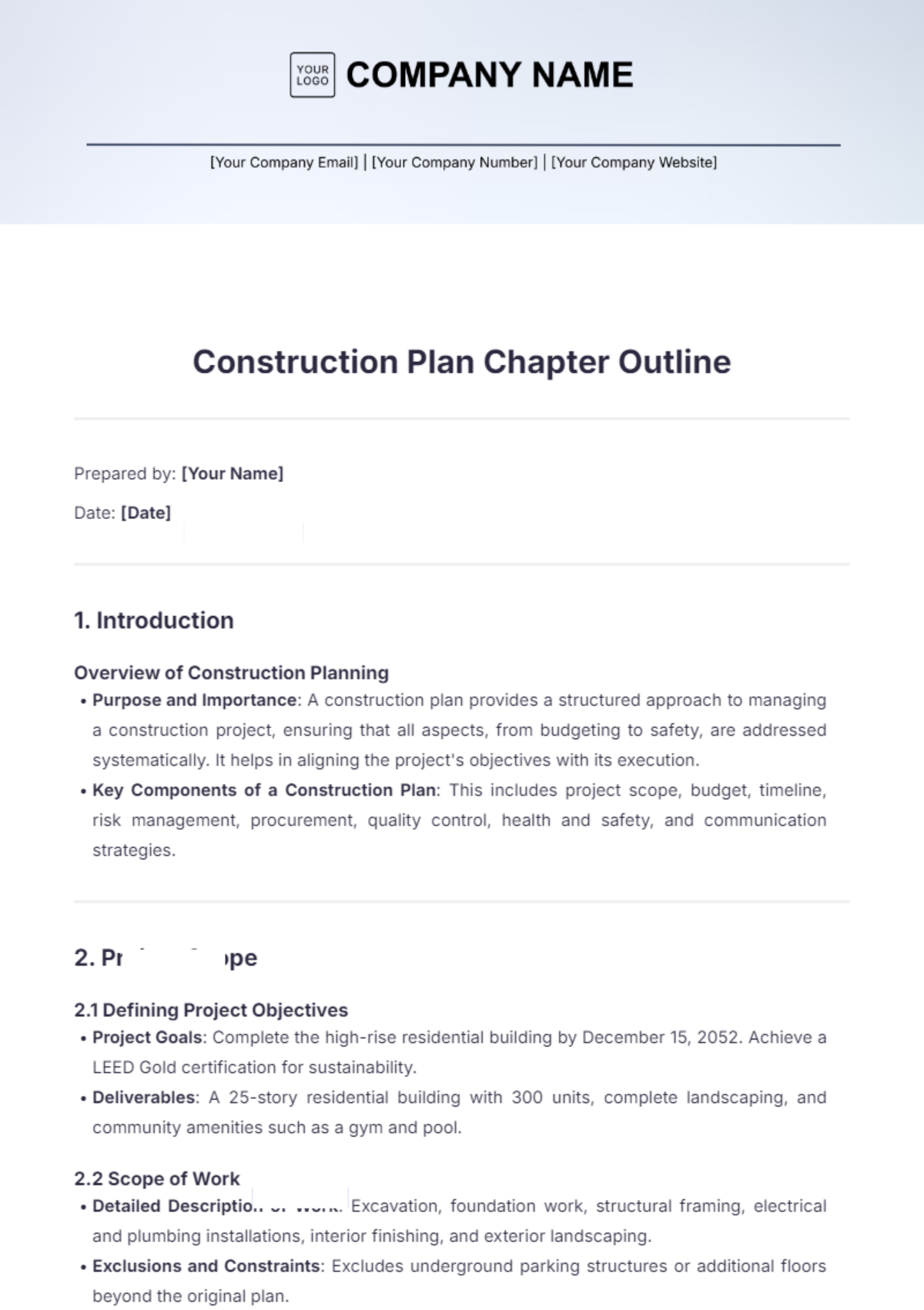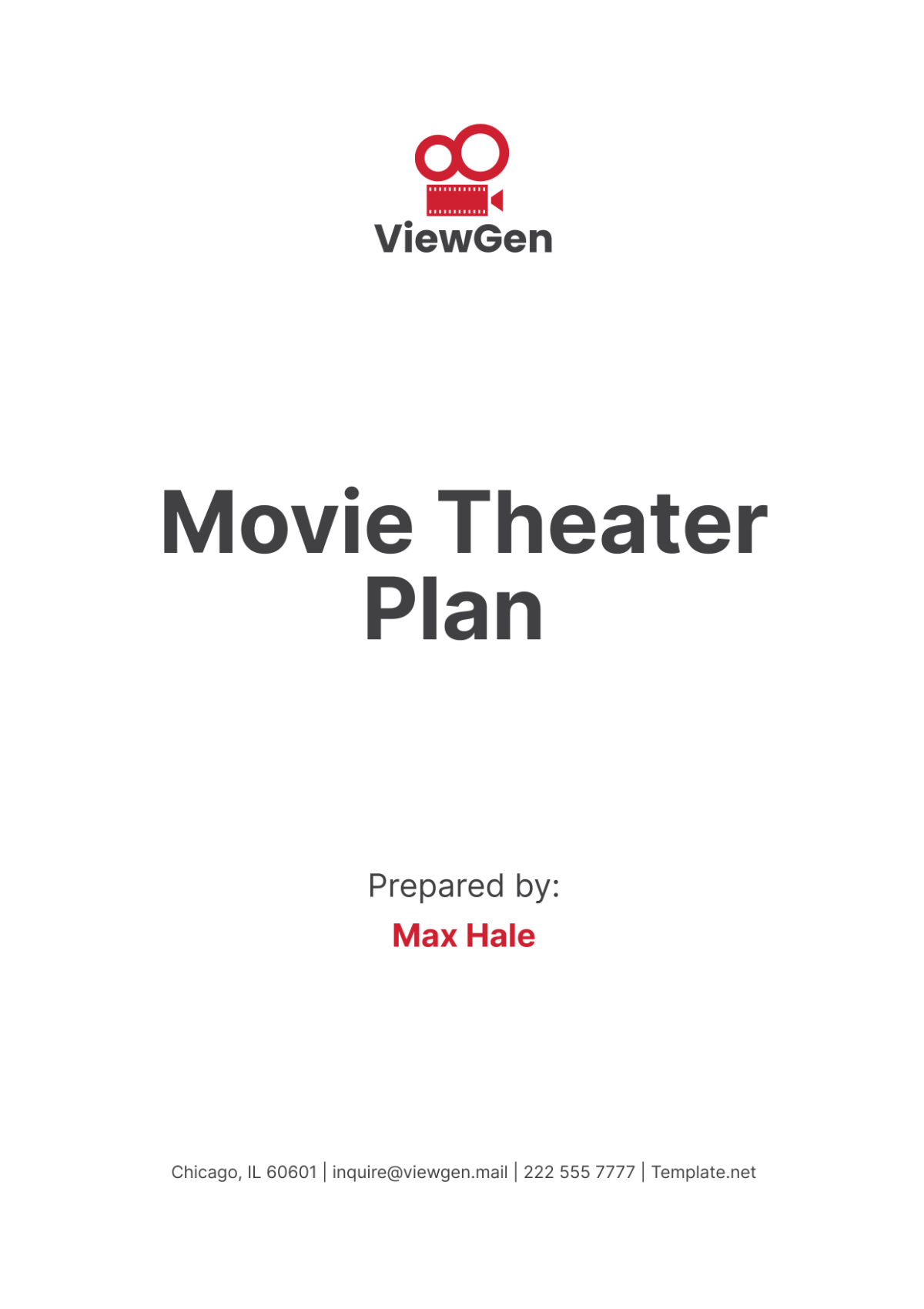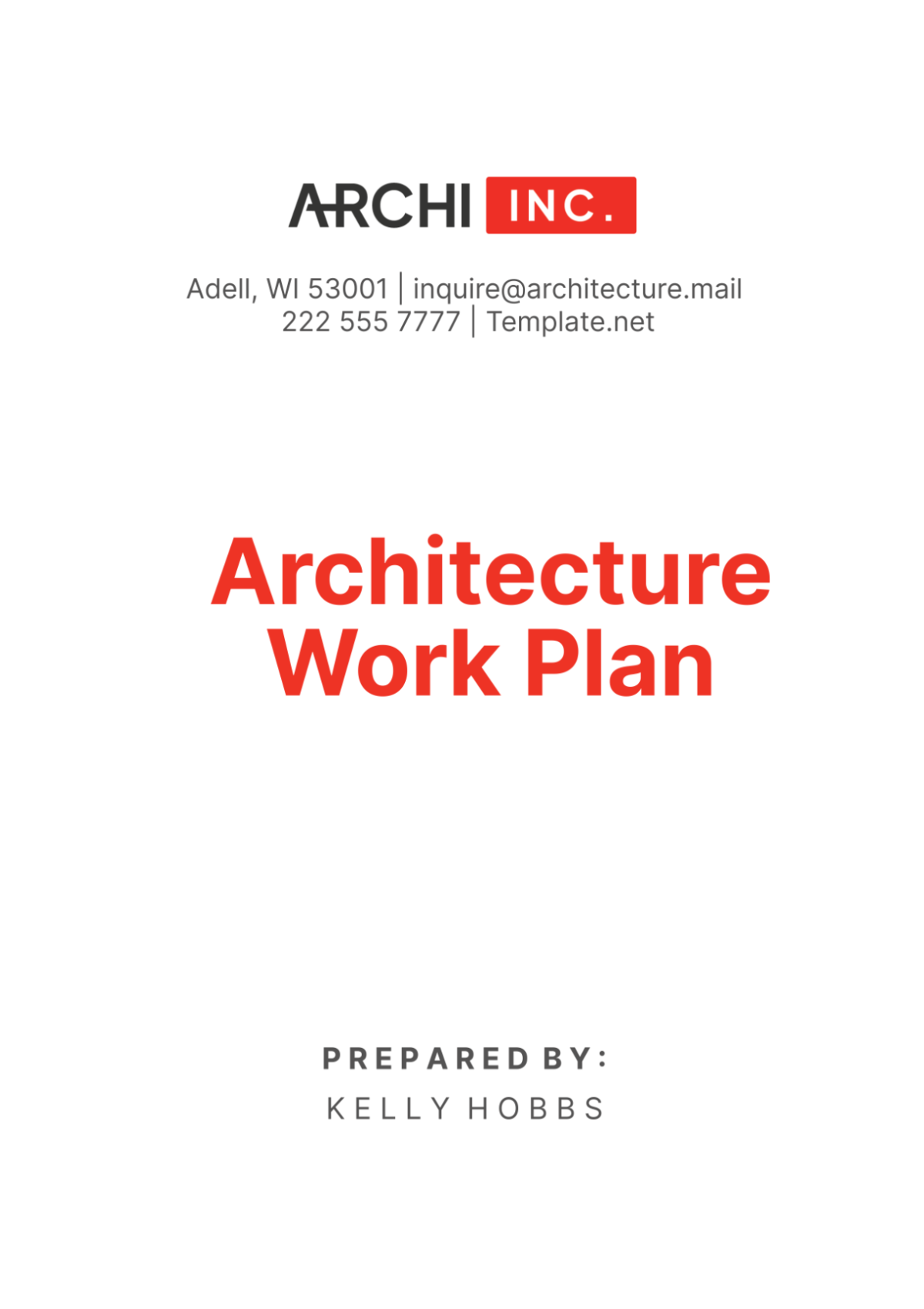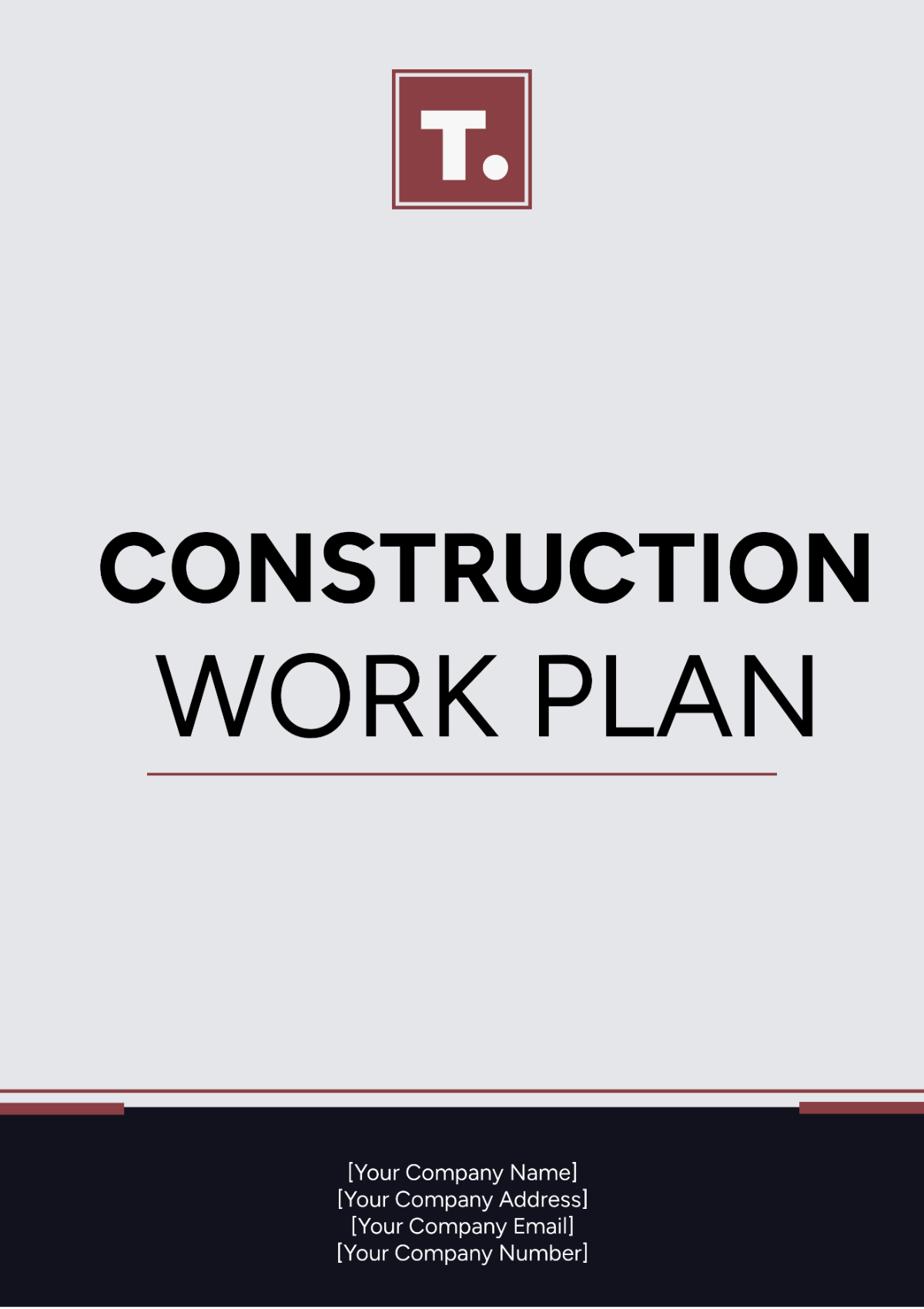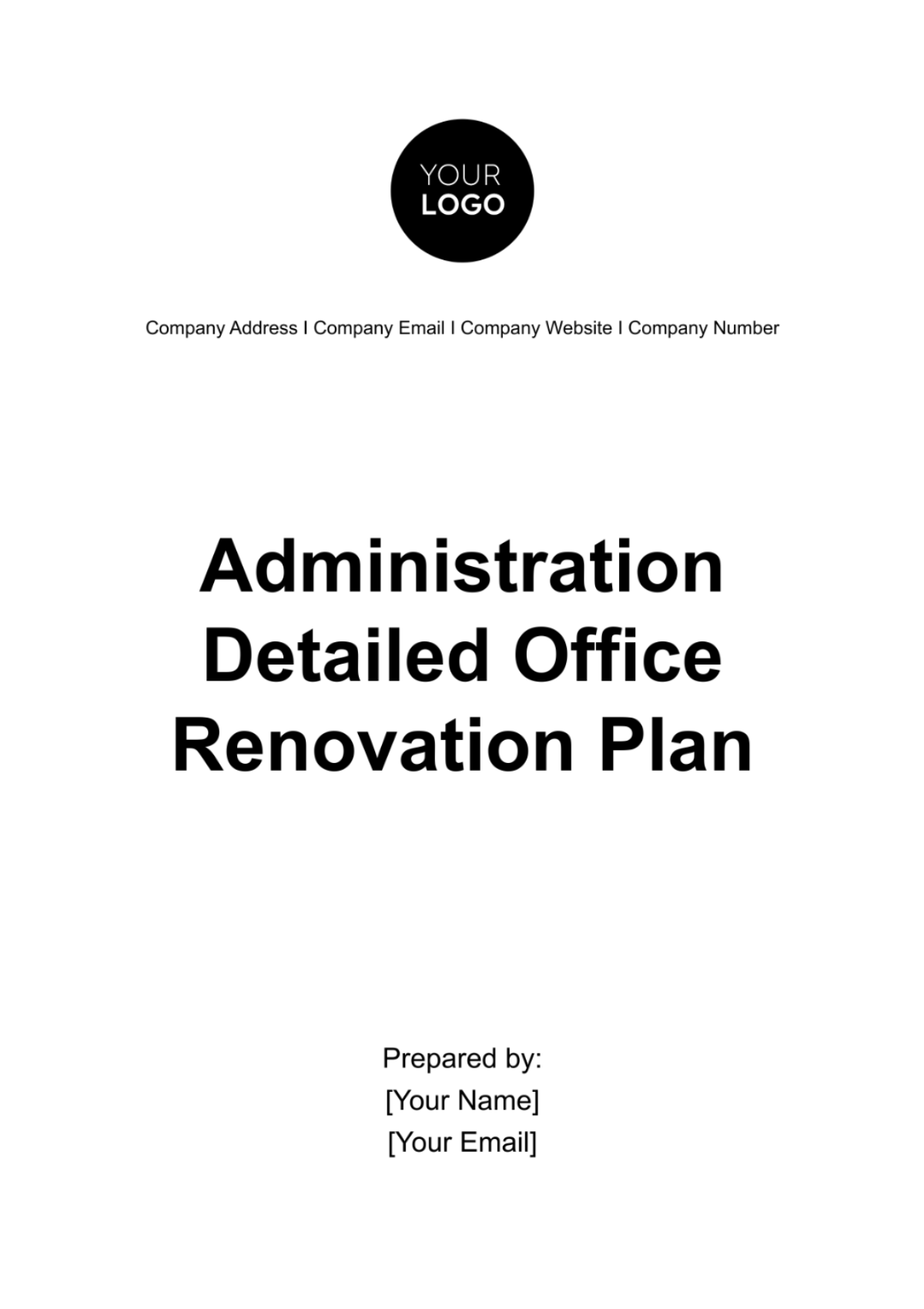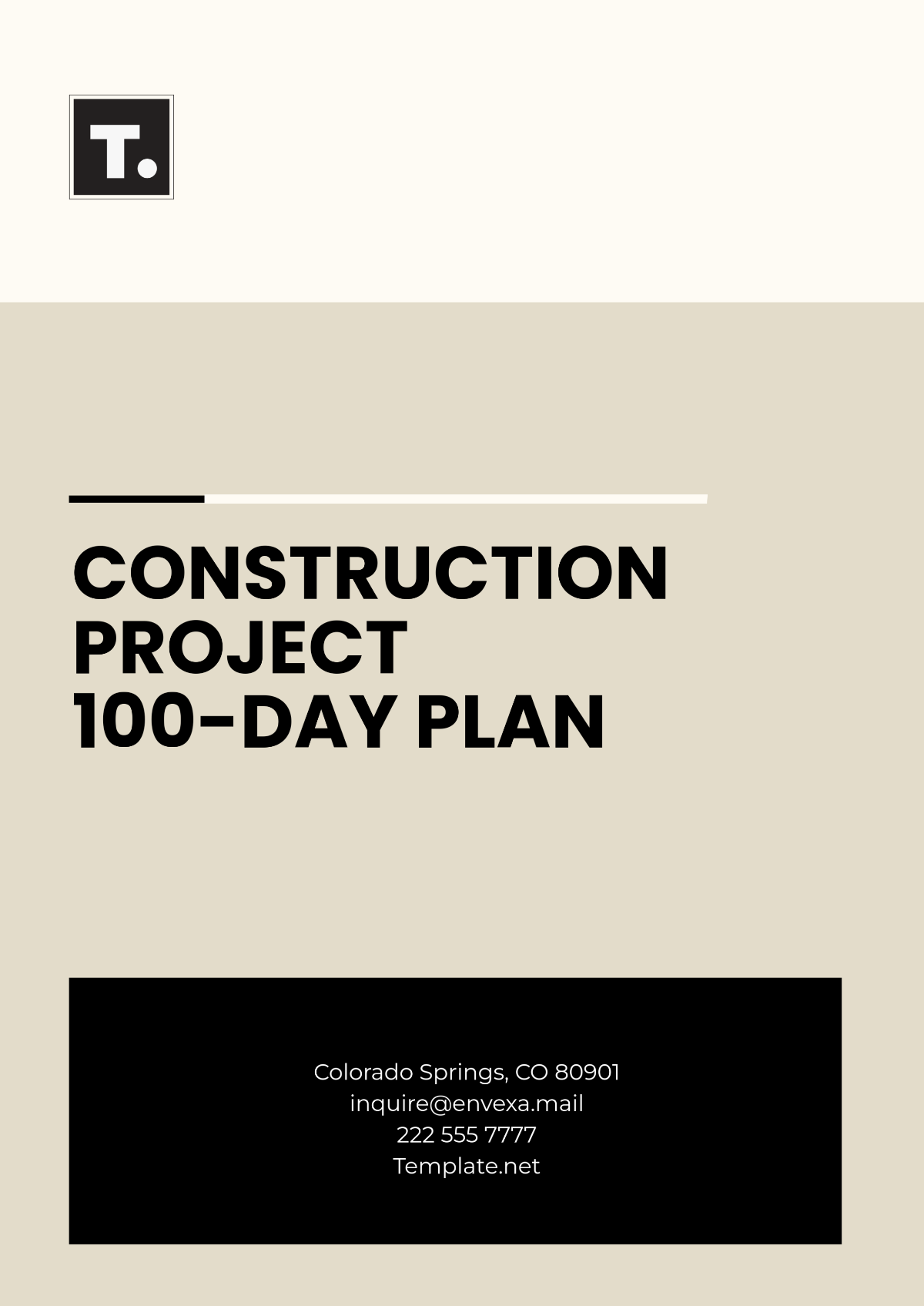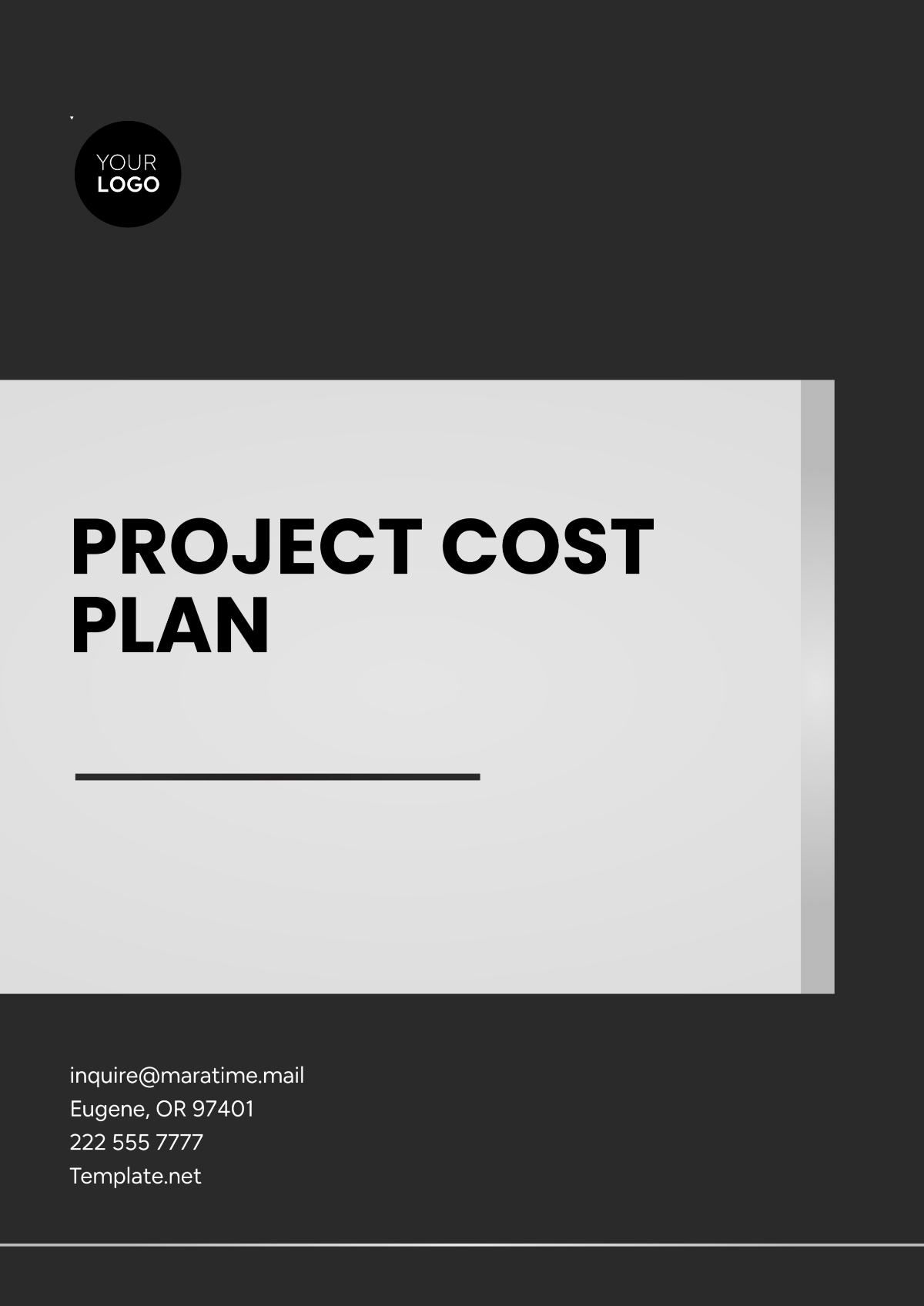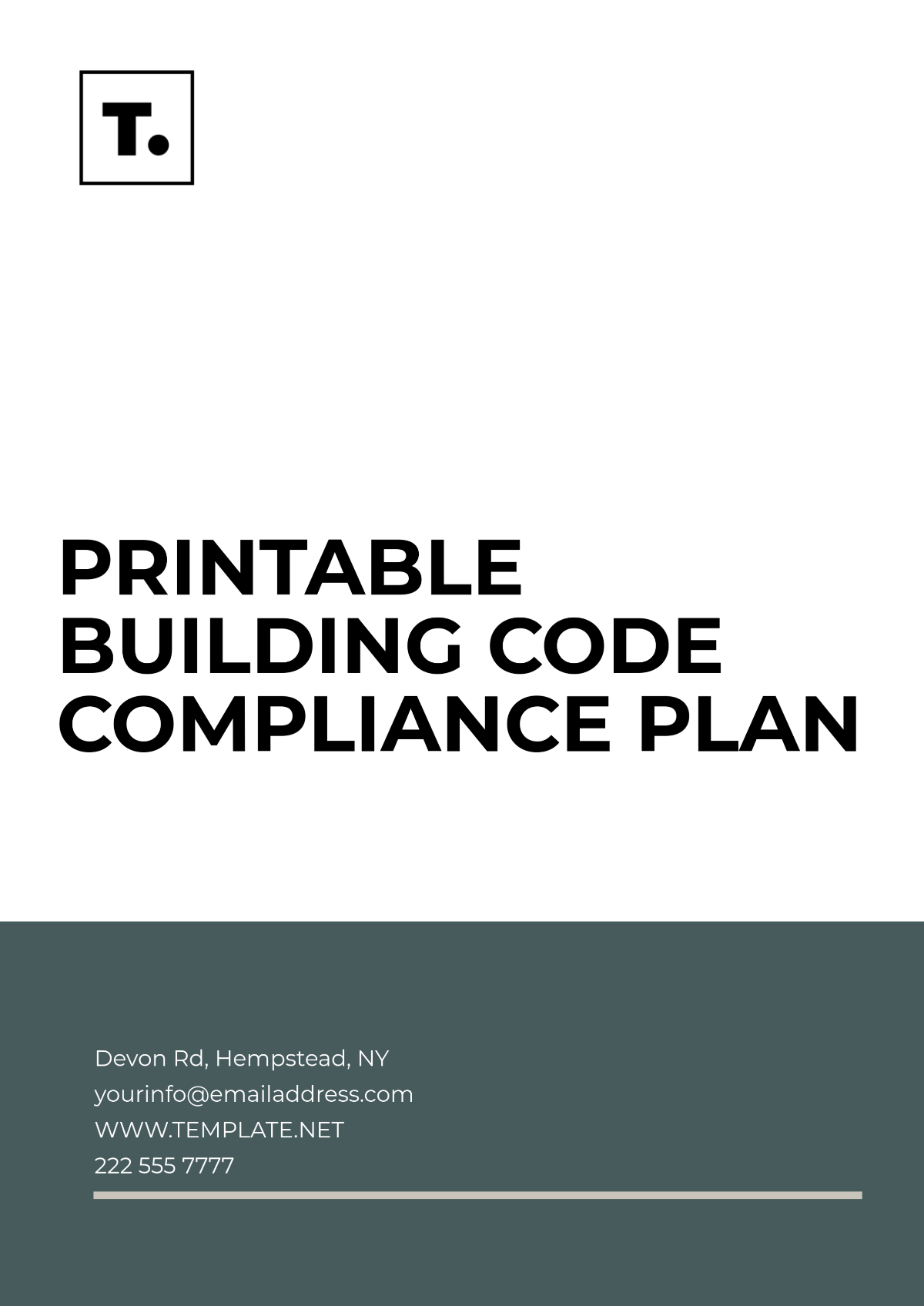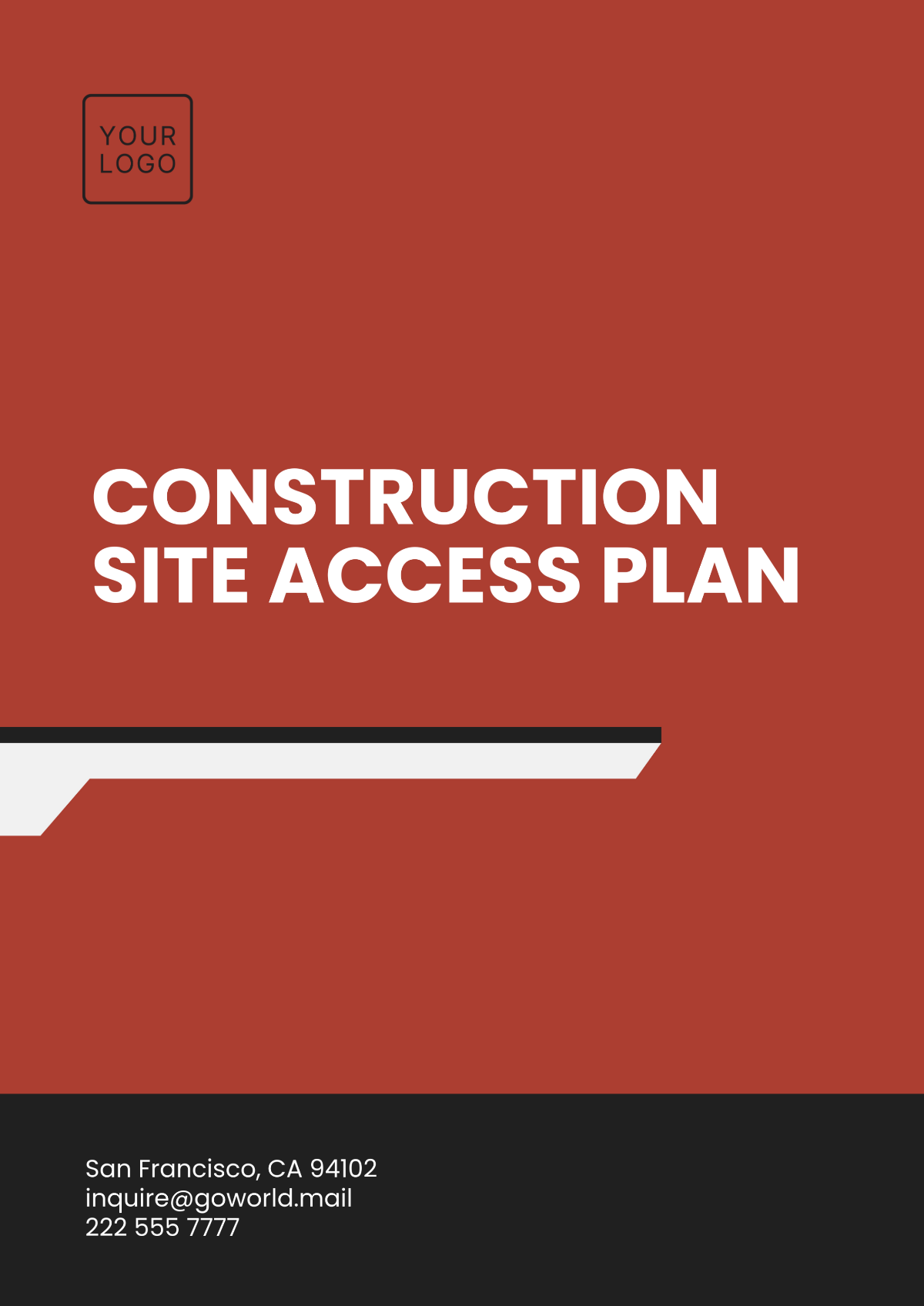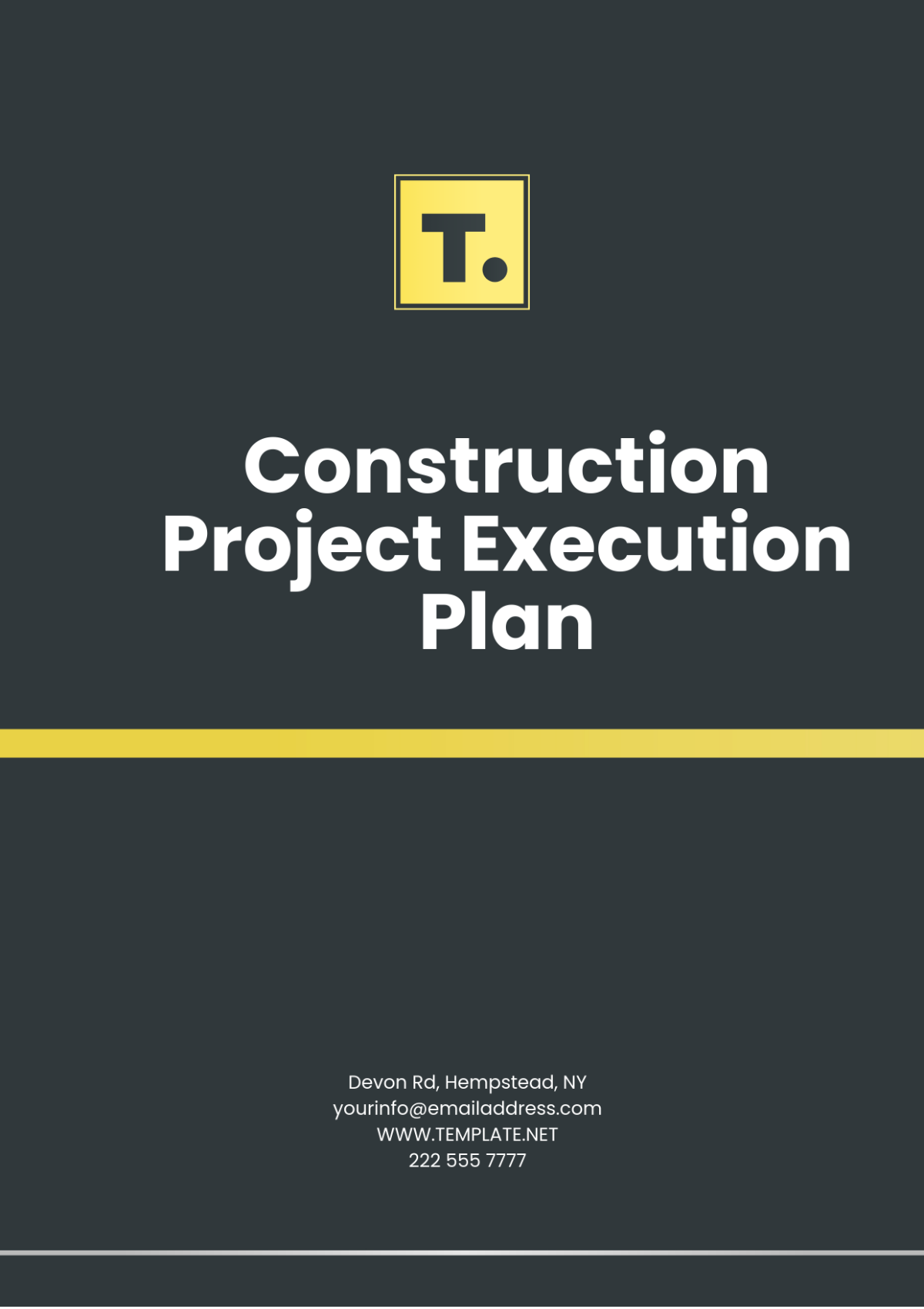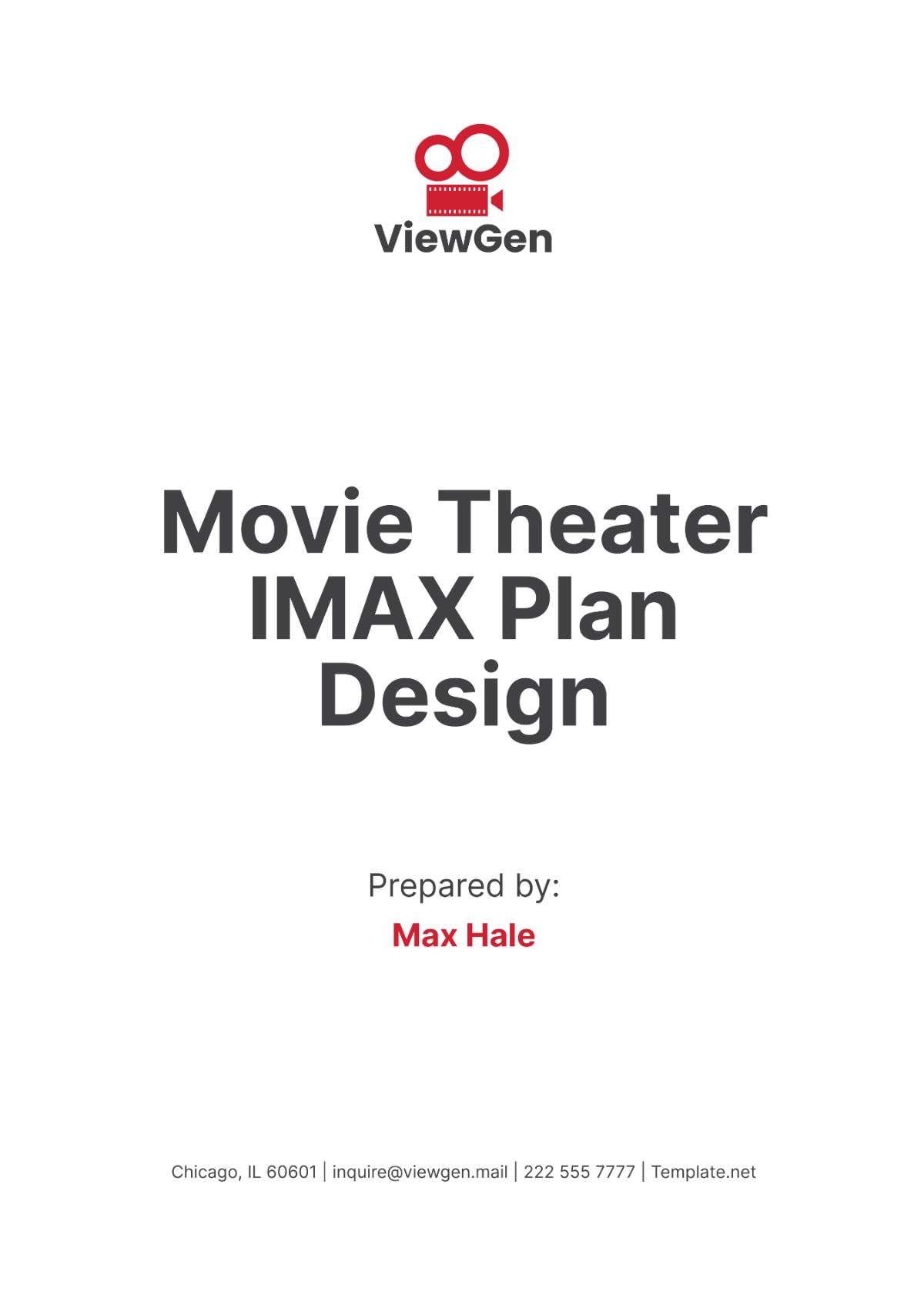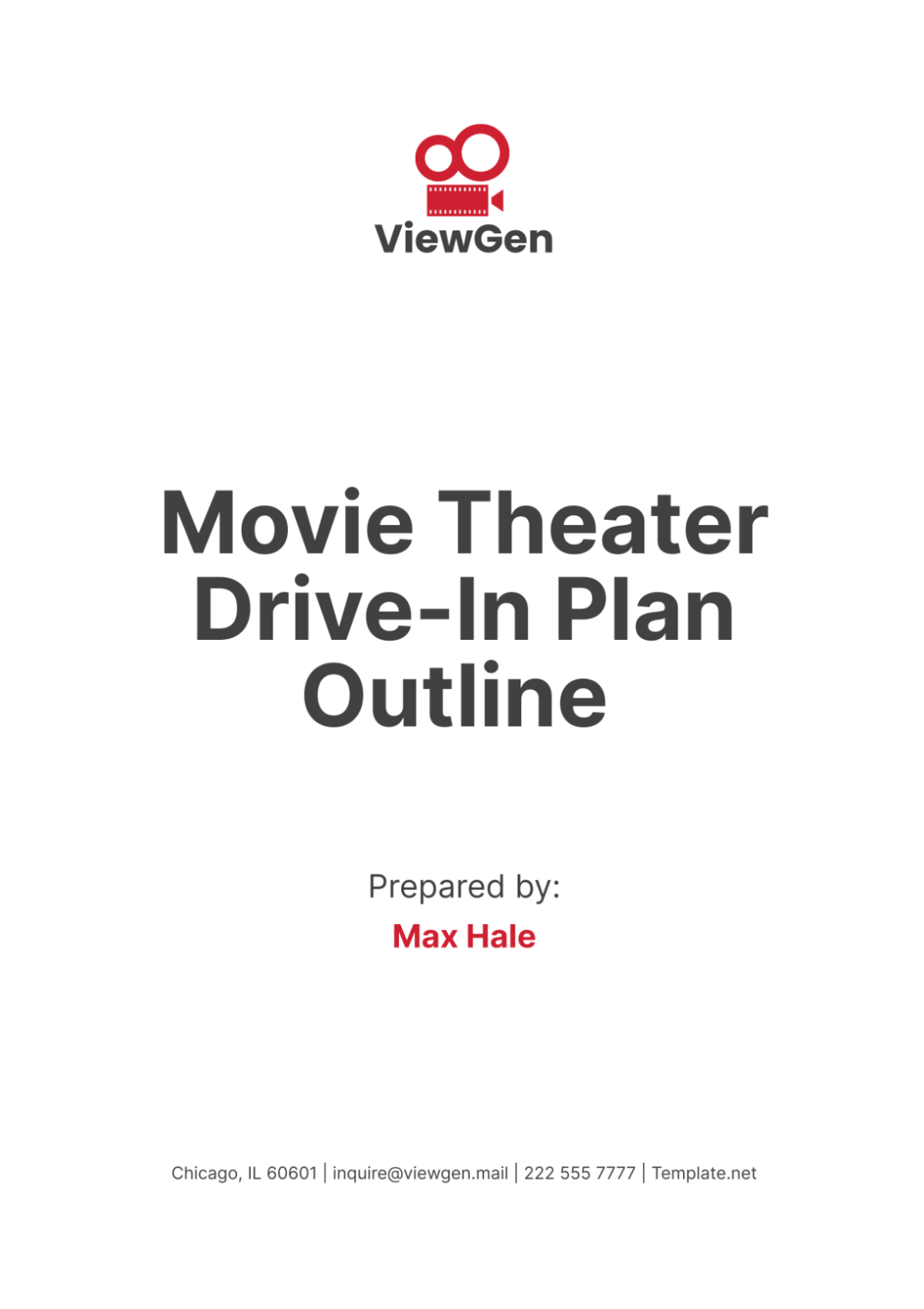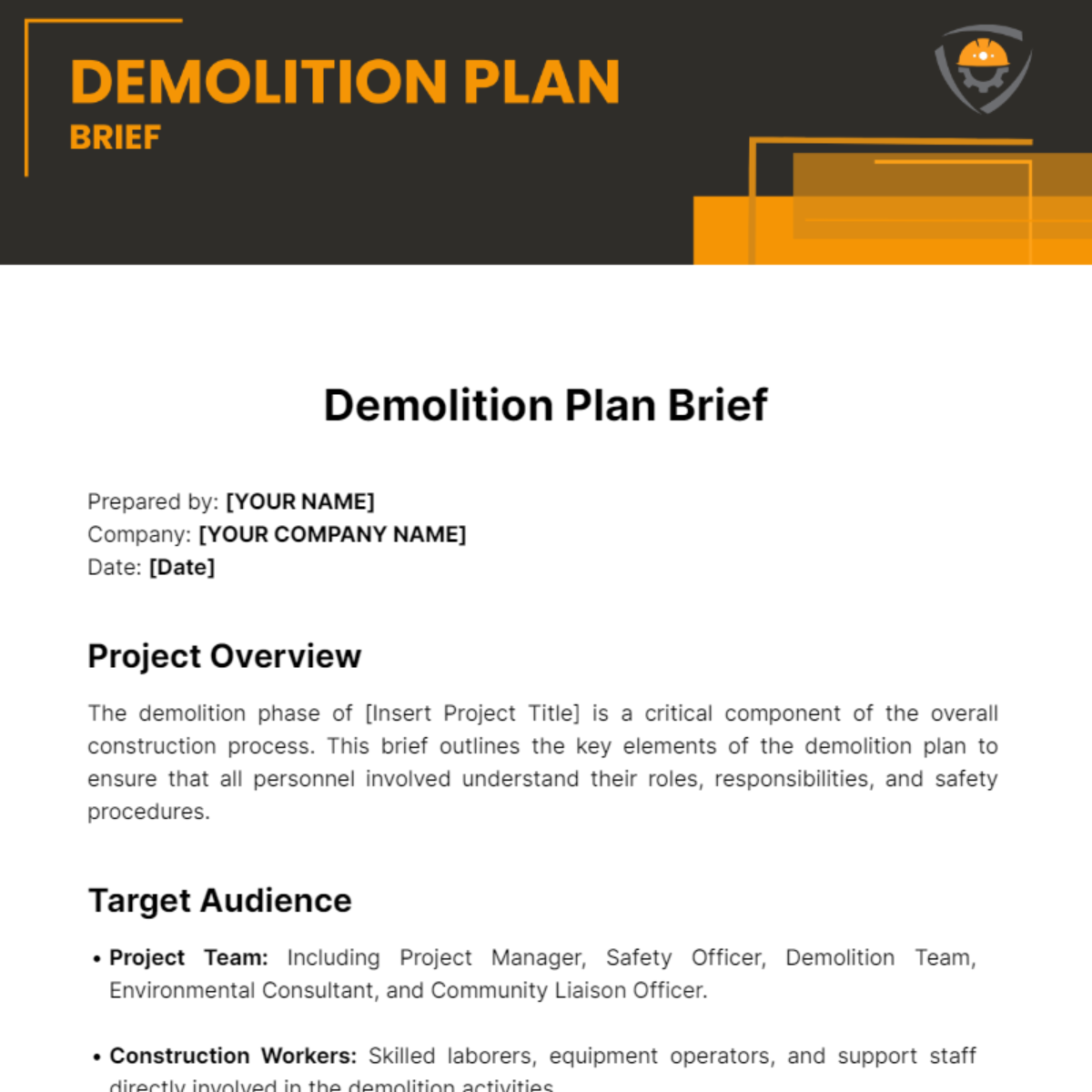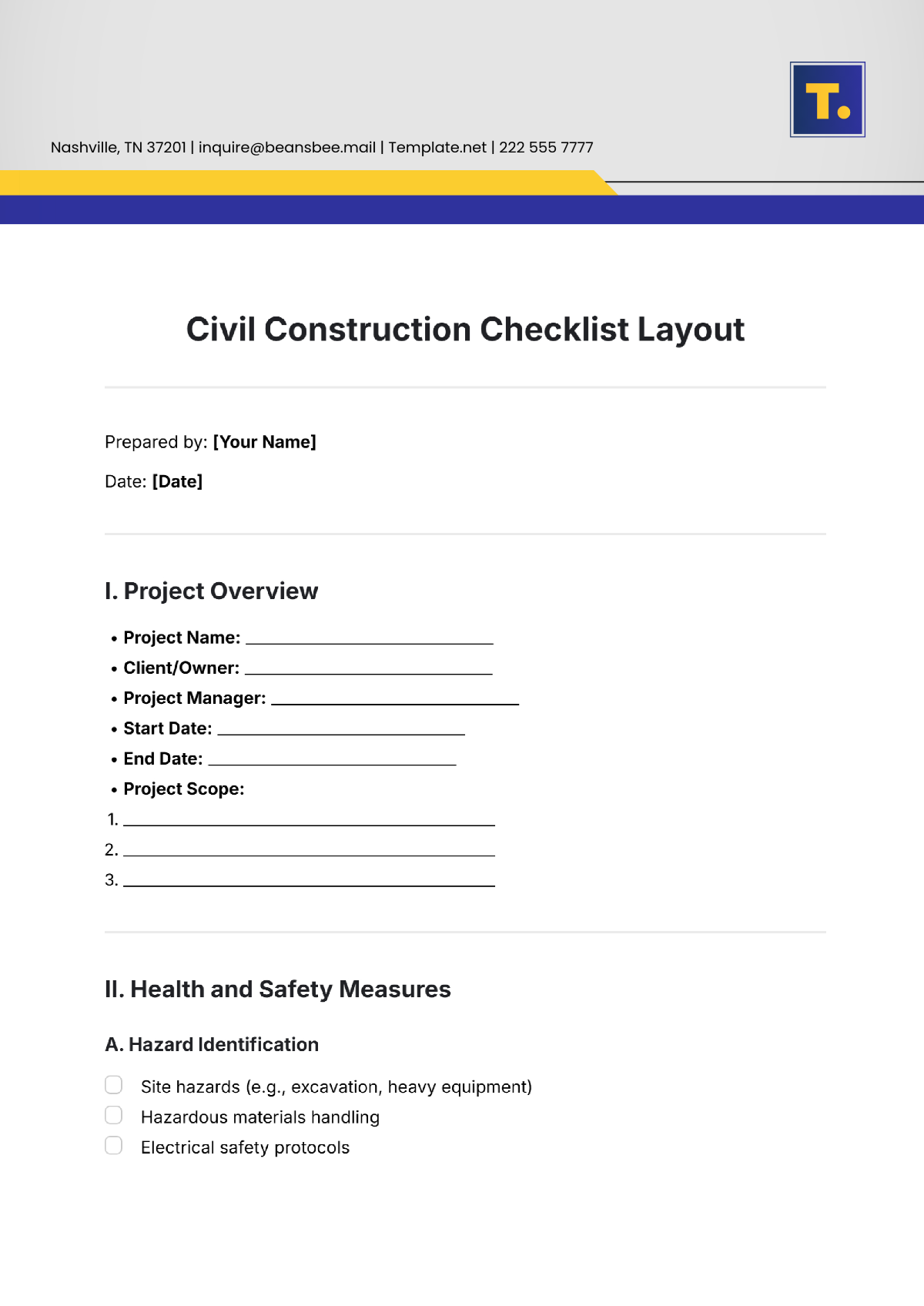Project Cost Tracking Plan
I. Project Overview and Objectives
The Project Cost Tracking Plan outlines the approach to tracking and managing project costs. This plan will help ensure the project stays within budget, allowing for timely decisions to control financial performance.
Project Name: City Park Development
Project Manager: [YOUR NAME]
Project Manager Contact: [YOUR EMAIL]
Company: [YOUR COMPANY NAME]
The project aims to develop a new public park in downtown Springfield, with a planned budget of $500,000 and a duration from January 1, 2050 to December 31, 2050. Key milestones and their associated costs are as follows:
Milestone | Planned Budget | Actual Cost (to date) | Variance |
|---|---|---|---|
Initial Design Phase | $100,000 | $90,000 | -$10,000 |
Development Phase | $200,000 | $195,000 | -$5,000 |
Final Testing Phase | $150,000 | $0 | $0 |
II. Cost Tracking and Monitoring Process
This section details the methods and tools for tracking and monitoring project costs. The primary tracking tool will be ProjectPro Management Software to ensure real-time updates and accuracy. Costs will be reviewed weekly by the Project Manager and reported to stakeholders every Friday, January 7, 2050.
Cost Tracking Process:
Daily Logs: All costs incurred will be logged by team members daily.
Weekly Reports: A summary of actual vs. budgeted costs will be generated weekly by [YOUR COMPANY NAME].
Variance Analysis: Any discrepancies greater than 10% from the budget will be investigated by the Project Manager and addressed immediately.
III. Cost Control and Risk Mitigation
The project team will use proactive cost control measures to address potential risks that may impact the budget. These measures include:
Contingency Planning: A contingency fund of $50,000 will be set aside to cover unforeseen expenses, with access controlled by the Project Manager and key stakeholders.
Scope Adjustments: If additional costs are identified due to scope changes, the Project Manager will submit a formal request for approval to the stakeholders before proceeding.
Cost-Cutting Measures: Should the project encounter significant overruns, cost-cutting strategies will be implemented, such as negotiating vendor discounts or reducing non-essential resources.
IV. Reporting and Conclusion
Regular reports on the financial health of the project will be shared with stakeholders on a bi-weekly basis, starting February 10, 2050, to ensure transparency and informed decision-making. These reports will highlight key variances and provide insights into corrective actions being taken.

